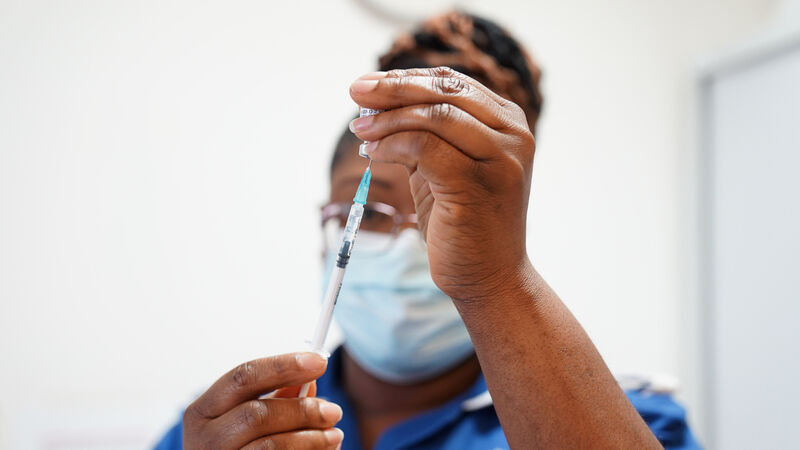'Don’t panic,' says virologist claiming wave of Covid-19 infections is slowing

However, he said vulnerable people are not always getting access to supports including the antiviral Paxlovid treatments. File picture
The current wave of Covid infections appears to be slowing down despite uncertainty around case numbers and the number of hospitalised Covid patients hitting its highest point since April.
It comes as the European Medicines Agency has advised expanding access to booster vaccines for those over 60, but not for younger people yet. On Monday, hospital numbers reached over one thousand to 1,004 for the first time since early April. This included 40 people needing intensive care.










